Top 10 Remote Islands for Seclusion
For those seeking solitude and natural beauty, the world offers numerous remote islands that provide an escape from the hustle and bustle of everyday life. From pristine beaches to untouched landscapes, these secluded spots are ideal for travelers looking to recharge in tranquility. Here are ten of the best remote islands where seclusion reigns supreme.
Among the top contenders, islands like Tristan da Cunha, the world's most remote inhabited archipelago, offer breathtaking scenery and a unique community experience. Meanwhile, the stunning beaches of the Maldives, especially the lesser-known atolls, provide a serene setting perfect for relaxation. Further afield, islands like Socotra in Yemen boast extraordinary biodiversity and landscapes that feel almost otherworldly. For those looking for uninhabited experiences, places like Bouvet Island and Baker Island are stark, but their isolation is unparalleled. Whether it's the allure of adventure, pristine nature, or a chance to disconnect entirely, these islands cater to every type of seeker. Ultimately, each destination presents an opportunity to immerse oneself in the natural world, far removed from modern life, making them perfect for rejuvenation and introspection.

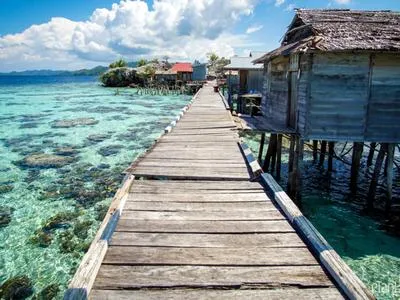 View All
View AllTogean Islands - Togean Islands: pristine, secluded paradise with stunning biodiversity.

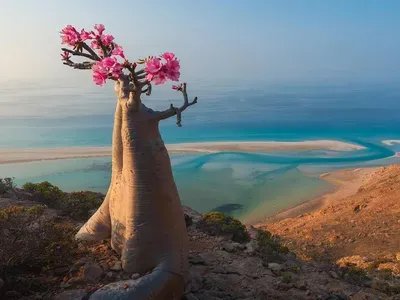 View All
View AllSocotra - Socotra: Unique biodiversity, endemic species, captivating landscapes.

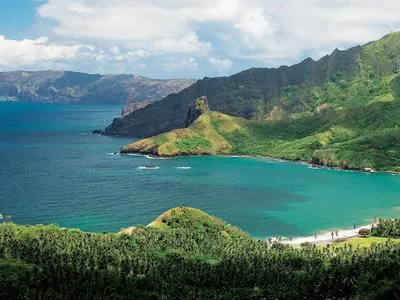 View All
View AllMarquesas Islands - Remote paradise with stunning landscapes and rich culture.

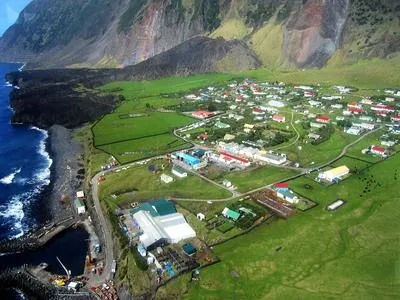 View All
View AllTristan da Cunha - Remote volcanic island, South Atlantic, small population, stunning landscapes.

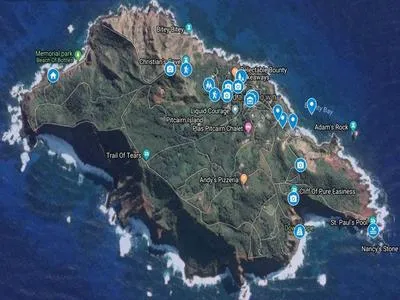 View All
View AllPitcairn Islands - Remote island group, famous for mutiny and isolation.

 View All
View AllFaroe Islands - Scenic, rugged landscapes; rich culture; tranquil, isolated beauty.

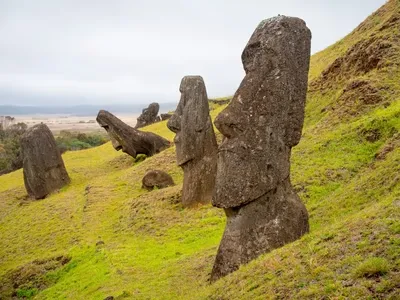 View All
View AllEaster Island - Easter Island: Remote, iconic moai statues, unique wildlife diversity.

 View All
View AllBouvet Island - Uninhabited, icy, remote, Norwegian territory in the South Atlantic.

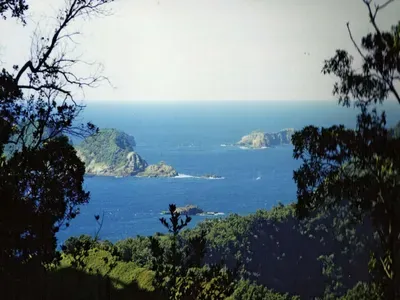 View All
View AllKermadec Islands - Remote volcanic islands, pristine nature, rich marine biodiversity.

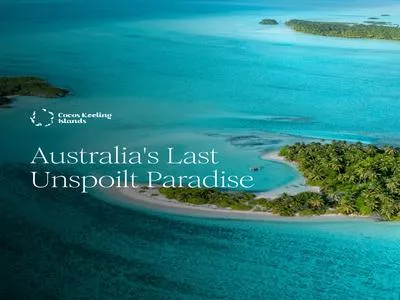 View All
View AllCocos (Keeling) Islands - Pristine paradise, secluded beaches, stunning coral reefs.
Top 10 Remote Islands for Seclusion
1.
Togean Islands
Pros
Stunning natural beauty
Rich marine biodiversity
Pristine beaches
Unique cultural experiences
Peaceful and uncrowded atmosphere
Cons
Limited access to healthcare facilities
inconsistent internet connectivity
potential language barriers
occasional transportation challenges
inadequate tourist infrastructure.
2.
Socotra
Pros
Biodiversity hotspot
unique Dragon's Blood tree
stunning landscapes
rich cultural heritage
UNESCO World Heritage Site.
Cons
Limited accessibility
harsh climate conditions
fragile ecosystem
tourism impacts on wildlife
lack of infrastructure.
3.
Marquesas Islands
Pros
Stunning natural beauty
Rich cultural heritage
Pristine beaches
Abundant marine life
Limited tourist crowds
Cons
Limited access to modern amenities
high travel costs
potential language barriers
unpredictable weather patterns
limited medical facilities.
4.
Tristan da Cunha
Pros
Stunning natural beauty
Unique wildlife experiences
Strong sense of community
Rich cultural heritage
Complete digital detox.
Cons
Limited access to modern amenities
harsh weather conditions
isolation from mainland healthcare
limited job opportunities
high cost of shipping goods.
5.
Pitcairn Islands
Pros
Stunning natural beauty
Unique cultural heritage
Rich history of mutiny
Abundant marine life
Low population density.
Cons
Limited access to medical facilities
high cost of living
scarce job opportunities
harsh weather conditions
limited internet connectivity.
6.
Faroe Islands
Pros
Stunning natural landscapes
rich Viking history
unique wildlife
peaceful atmosphere
vibrant local culture.
Cons
Limited accessibility
unpredictable weather
high cost of living
limited entertainment options
potential for isolation.
7.
Easter Island
Pros
Unique moai statues
rich Polynesian culture
diverse marine life
stunning volcanic landscapes
significant archaeological sites.
Cons
Limited biodiversity
remote location
high tourism impact
fragile ecosystems
invasive species threats.
8.
Bouvet Island
Pros
Pristine natural beauty
abundant wildlife
exclusive solitude
unique geological features
rich history and exploration significance.
Cons
Harsh weather conditions
limited accessibility
no permanent residents
sparse resources
lack of amenities.
9.
Kermadec Islands
Pros
Pristine natural beauty
abundant marine life
minimal human impact
stunning volcanic landscapes
rich biodiversity.
Cons
Limited accessibility for tourists
lack of modern amenities
harsh weather conditions
potential for natural disasters
restricted wildlife access.
10.
Cocos (Keeling) Islands
Pros
Stunning natural beauty
pristine beaches
rich marine life
unique wildlife
peaceful and tranquil atmosphere.
Cons
Limited accessibility
lack of modern amenities
potential for extreme weather
limited healthcare facilities
and isolation from major cities.
Similar Topic You Might Be Interested In
- Top 10 Beach Destinations in the World
- Top 10 Mountain Destinations for Adventure
- Top 10 Romantic Getaways for Couples
- Top 10 Eco-Friendly Destinations
- Top 10 Historic Cities to Visit
- Top 10 Hidden Gems in Europe
- Top 10 Desert Destinations
- Top 10 Scenic Train Routes Around the World
- Top 10 Destinations for First-Time Solo Travelers
- Top 10 Winter Destinations for Snow Lovers